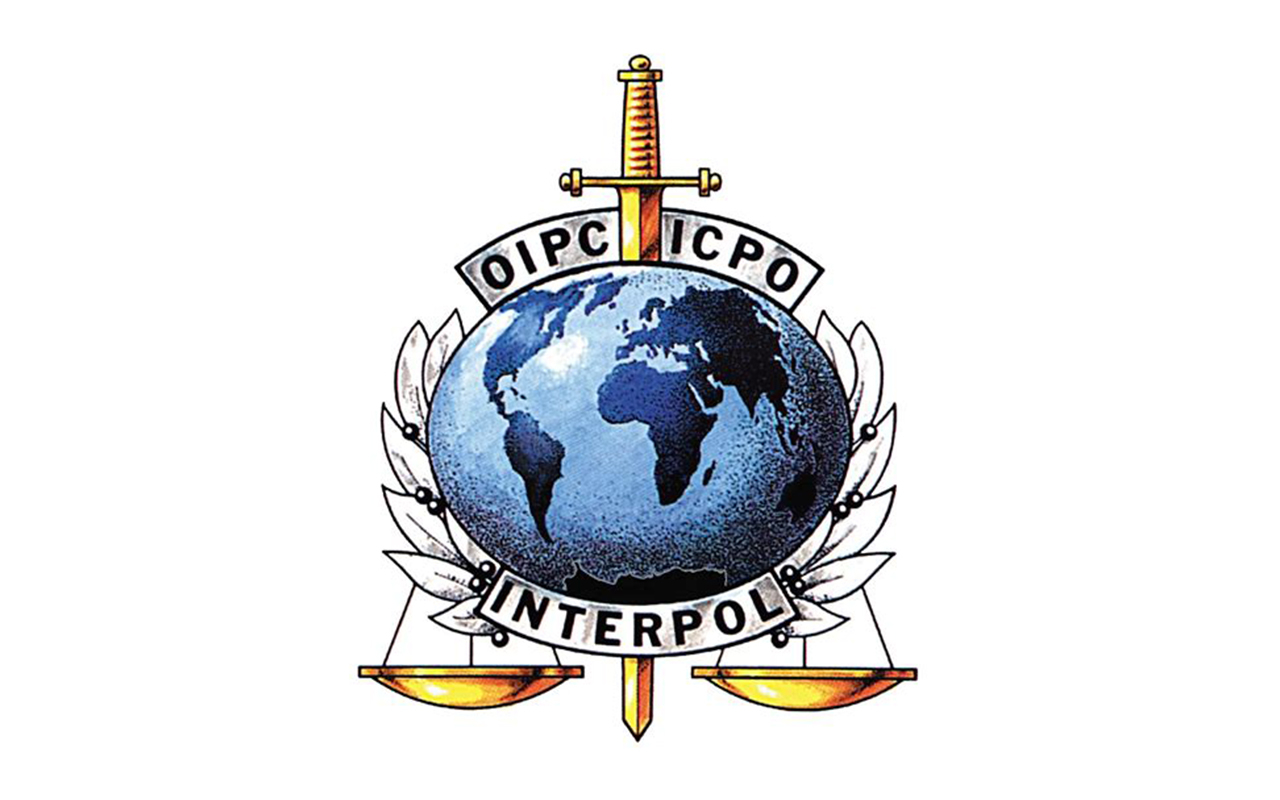What to do if sought by Interpol

Interpol, or the International Criminal Police Organisation, is the world’s largest international police organisation, facilitating cooperation among law enforcement agencies from 194 member countries. If you discover that Interpol is seeking you, it could have serious legal implications and require immediate action to protect your rights and interests. Let’s explore the steps you should take if you find yourself the subject of Interpol’s interest, as well as discuss the legal aspects related to Interpol notices.
What is Interpol?
Interpol was founded in 1923 with the aim of facilitating international cooperation in the fight against crime. The organisation provides a platform for the exchange of information between law enforcement agencies of member countries and assists in coordinating joint efforts in the investigation and prosecution of crimes.
Interpol does not have the authority to conduct investigations or make arrests; its role is to facilitate cooperation between police forces from different countries. Interpol supports the exchange of operational information and provides technical support for the investigation of international crimes.
Types of Interpol Notices
Interpol utilises a system of Notices for coordinating international searches and exchanging information about individuals wanted by law enforcement. There are various types of Notices, each serving a specific function:
- A Red Notice is a request for the provisional arrest of an individual with the aim of their extradition. A Red Notice is not an international arrest warrant, but it serves as a basis for arrest and extradition to the country that initiated the request.
- Blue Notice: Used to gather information about the whereabouts and activities of a person of interest. It allows law enforcement agencies to exchange details about a suspect without including a request for arrest.
- Green Notice: Warns of potential danger or threat that a specific individual may pose. This notice enables countries to be alerted about potential criminal activities.
- A Yellow Notice is used to locate missing persons, including children, or to identify individuals who are unable to identify themselves.
- Black Notice: Used to gather information on unidentified bodies. This notice assists in establishing the identities of the deceased and in determining the circumstances of their deaths.
- Orange Notice: Warns of potential threats or dangerous objects, such as explosive devices or concealed substances.
- A Purple Notice is used to describe the methods and means employed by criminals. This notice aids member countries in exchanging information about the tactics and methodologies of criminal activities.
Immediate actions if you’re wanted by interpol
If you discover that you are being sought by Interpol, it’s essential to take a series of steps to protect your rights and interests. It’s important to understand that an Interpol notice is not a conviction and can be contested.
Contact the legal authorities
Qualified support Intercollegium lawyers At this stage, it is of paramount importance. We offer professional legal services, including:
- A comprehensive analysis of your situation: we will meticulously examine all aspects of your case to identify the key points and provide reasoned recommendations for further actions.
- Assessment of the legal grounds for contesting an Interpol notice: our specialists will evaluate the feasibility and advisability of challenging the notice, including identifying potential violations of international law and Interpol procedures.
- Representing your interests in court and administrative bodies: we will provide comprehensive support throughout all stages of the process, including the preparation and submission of necessary documents, as well as representing your interests in courts and other institutions, to ensure the protection of your rights in accordance with international standards.
By turning to us, you will receive professional support and confidence in the reliable protection of your interests at all stages of interaction with Interpol.
Check the Interpol public database
Interpol publishes some of its notices in the public domain, allowing interested parties to independently verify the presence of information on the search for specific individuals. Such a check can provide an opportunity to determine whether there is a notice concerning you and exactly what data is contained in the public database.
The procedure for checking the database includes the following steps:
- Access to the official Interpol website: navigate to the official Interpol site and utilise the available search tools to obtain information about yourself. This can be done through the “Red Notices” section, where certain wanted notices are published.
- Analysis of available notifications: Please familiarise yourself with the published notifications and examine their contents. Pay attention to details that may indicate your identity or the circumstances of the matter.
- Legal advice: For an accurate interpretation and understanding of the information received, it is recommended to consult a solicitor specialising in international law and interactions with Interpol. A professional lawyer will be able to assess the legal risks and suggest a strategy for further actions.
For a comprehensive analysis of the situation and an objective assessment of the process it is needed to get Interpol background check. It would be sensible to consult lawyers who have experience in international law and the protection of individual rights in international practice.
Submit a preventative request to Interpol
If you believe that the Interpol notice issued against you is unlawful or based on incorrect information, you can submit a preemptive request to contest it. This step will allow you to officially express your disagreement with the notice and initiate the process of appealing it.
A preventative request to Interpol may include:
- Submitting a written statement explaining the reasons why you believe the notice is unjustified.
- Submitting evidence to support your stance, such as proof of human rights violations or political motivations;
- Request for review of the notice and its cancellation.
Interpol case lawyers
Legal defence in cases involving Interpol notices requires a high level of qualification and experience. Lawyers specialising in international law and Interpol matters can provide significant assistance in protecting your rights and interests.
Legal advice
The legal firm “Collegium of International Lawyers” offers professional services in the area of protection against unlawful Interpol notices. Our solicitors possess profound knowledge and experience in international law, enabling them to effectively safeguard the rights and interests of clients at all stages of the process.
We recommend seeking advice from professional solicitors to assess your situation and develop a defence strategy. The solicitors at “Collegium of International Lawyers” are ready to offer:
- Expert analysis of the case and identification of the legal grounds for contesting the notice;
- Developing a bespoke defence strategy that takes into account all aspects of the case;
- Representing clients’ interests in international courts and law enforcement bodies.
Don’t put off addressing the issue — seeking legal assistance in a timely manner can help minimise risks and protect your rights. Our specialists will provide reliable protection and support at every stage of the process.
The editorial unit


















Facebook
Twitter
Instagram
YouTube
RSS